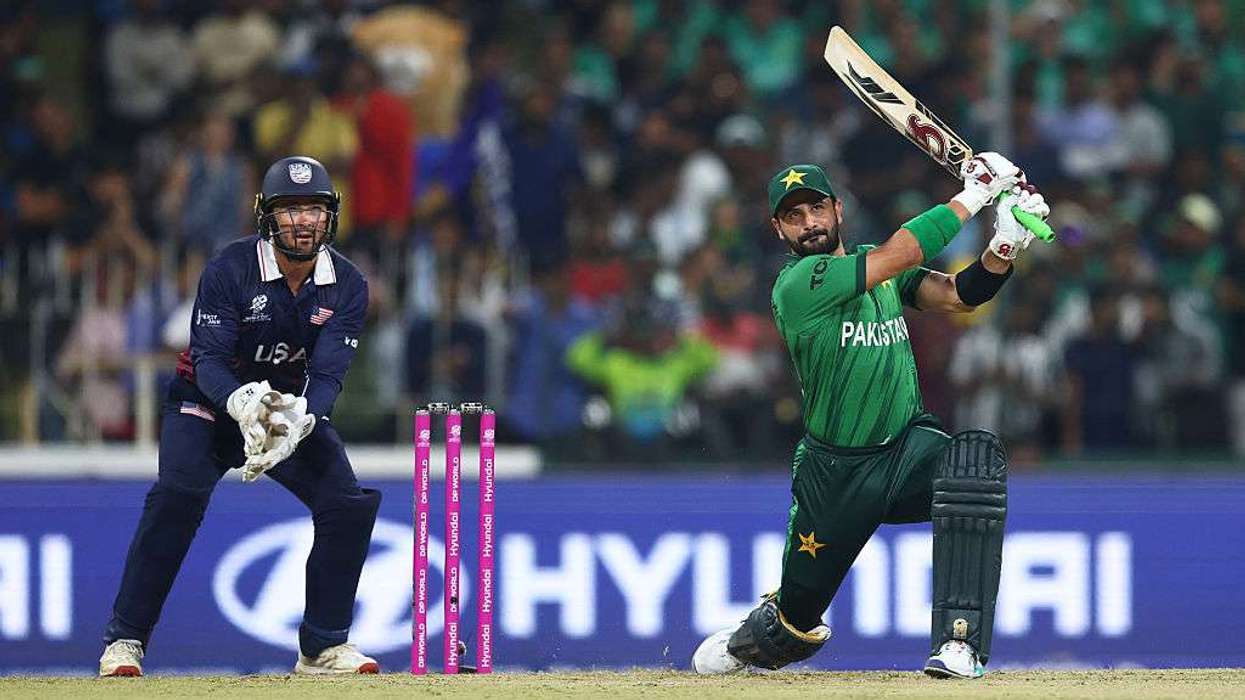by LAUREN CODLING
POLITICIANS have raised concerns over the declining rates of childhood immunisations, as the health secretary announced on Monday (30) that compulsory vaccinations were being “seriously considered”.
The latest NHS statistics released last week showed the number of children being vaccinated has dropped, with only two of the 149 local authorities in England and Wales meeting targets for the second dose for the measles, mumps and rubella vaccine (MMR).
In England, the vaccination rate for the first dose fell from 91.2 per cent to 90.3 per cent in 2018-19. All 13 diseases covered in jabs for children by the NHS had also declined in vaccination rates.
In response to the figures, health secretary Matt Hancock confirmed that the government would be “looking very seriously” at making vaccinations mandatory for state school children.
“I’ve said before that we should be open-minded, and frankly, what I would say is when the state provides services to people then it’s a two-way street – you’ve got to take responsibilities too,” Hancock told reporters. “So, I think there’s a very strong argument for having compulsory vaccinations for children when they go to school, because otherwise they’re putting other children at risk.”
Despite Hancock's claims, Downing Street have said they have no plans to make vaccinations compulsory.
According to statistics, London had significantly worse child MMR vaccination rates overall, with just 76.3 per cent having both doses of the MMR vaccine by age five.
The boroughs of Westminster, Hackney, and Kensington and Chelsea had the lowest rates, with only an estimated two in three children protected.
Conservative MP Mark Field, the representative for the Cities of London and Westminster, said he found the rates “concerning”. He added that he was encouraged by Hancock’s commitment to address the issue.
“It is important that parents are made fully aware of the very real dangers posed by childhood illnesses such as measles and meningitis, and are not taken in by falsehoods spread across their social media feeds,” he told Eastern Eye.
Field confirmed that he had tabled a written question in parliament asking what steps Hancock’s department would be taking to solve the problem and how it plans to combat the spread of anti-vaccine misinformation.
Labour MP Virendra Sharma, who represents Ealing Southall, said he was pleased by the government’s decision to support parents seeking to immunise their children.
“Vaccinations are an important part of health and I am a firm supporter of the MMR vaccine,” he said. However, data showed that only 75.1 per cent of his constituency had taken up the first and second dose of the MMR vaccine at age five.
Catherine West MP, representative for Hornsey and Wood Green, echoed similar sentiments, describing herself as being “deeply worried” by the declining rates of vaccinations in her constituency, and across London. West’s constituency was one of the lower-performing London boroughs for MMR vaccination uptake at five years (88.7 per cent).
“(However) it is clear this hasn’t happened overnight, with public health budgets slashed since the Conservatives came to office,” she said, suggesting that the government’s focus should be on reversing the cuts to public health budgets. She also recommended increasing the number of health visitors, who play “crucial” roles in the health and wellbeing of young children and babies.
Ruth Cadbury MP said it was particularly worrying for her as a mother to see that her Hounslow constituency had a low rate of vaccinations – only 78.8 per cent had had doses of the MMR vaccine at five years. Getting vaccinated was a life-saving step for children, she
said, and the only way to stamp out “these awful illnesses” was by getting every child vaccinated.
“We should listen to, and follow the advice of doctors, medical professionals and public health experts who have made clear that all children need to be vaccinated,” she said, emphasising her support for the department of health’s efforts to reverse the trend.
However, Kensington MP Emma Dent Coad said she was surprised at Hancock’s proposal. She said some parents made decisions based on information which suggested that vaccines could be harmful – something she called “entirely unproved”.
“Parents may simply think that measles, for example, isn’t a threat as they don’t know anyone who has had it, and some may just miss appointments due to pressure of work and domestic commitments,” Dent Coad told Eastern Eye. “How on earth would any kind of compulsion be enforced? Would you punish people for missing appointments, or being misinformed?”
The Labour MP believed it would be more beneficial to implement a programme of education relating to the facts behind the need for vaccinations.
“Treat parents like sensible human beings, not criminals,” she added.



